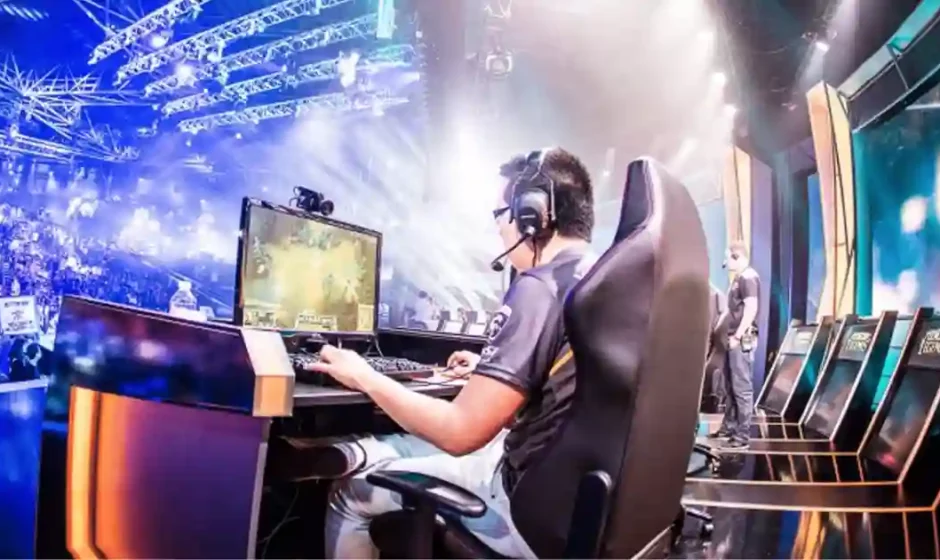Online video gaming is no longer seen as an activity for computer-obsessed teens who hole up in their rooms and never interact with real people. In fact, it can offer a healthy and enjoyable way to connect with friends.
In addition to improving hand-eye coordination and fine motor skills, many games involve problem-solving, which can improve kids’ critical thinking skills.
Social Skills
Many online video games include multiplayer elements that allow gamers to play with friends and other players from around the world. These types of games can help kids learn how to communicate and work with others. They may also improve their motor skills, including hand-eye coordination and finger dexterity.
Some teens who play multiplayer online video games form friendships with the people they play with. Some even form teams with teammates to compete in gaming tournaments. These gamers often have their own unique culture, language and inside jokes and can be a lifeline for kids who struggle to connect with their peers outside of gaming.
Some young people have reported that they feel more relaxed and happy when they play video games. This could be a way for them to deal with the stress of coronavirus lockdowns and to escape from social isolation. However, other teens have reported feeling anxious, stressed or angry when they play video games.
Learning Skills
Online video gaming provides children with an opportunity to develop skills that are important for a successful life. Age-appropriate video games played in moderation can help kids develop their creativity, nurture their relationships with friends and improve their strategic thinking and communication abilities. In multiplayer online gaming, kids can also learn how to work as part of a team.
In addition, many video games require players to solve problems, think on their feet and make decisions quickly. This type of problem-solving skill can be beneficial for kids when it comes to schoolwork and other activities that involve quick decision-making.
In addition, multiplayer online games allow kids to play with friends and family members across the country. This allows kids to practice their social skills, forming alliances with other gamers and developing long-term friendships. However, it is important that parents monitor the gaming habits of their children and make sure they are not playing too much and that it is done in a safe environment.
Communication Skills
Online video gaming can help children and teens make connections with others who they otherwise might not be able to connect with, especially those living in rural areas. This is particularly true of community-based games that allow players to design and exchange maps and other custom content, and of multiplayer games where they learn to work together as part of a team to win.
Some kids develop strong friendships with the people they play games with online, and these relationships can last well after the game is over. This social interaction is a great way for kids to build their confidence and self-esteem.
It also provides a chance to practice conflict resolution skills that can translate to life, school and work-related situations. Learning to think on your feet and resolve conflicts from alternate perspectives is a valuable skill. Kids who play games that require extreme focus and split-second reactions develop memory and attention to detail.
Problem-Solving Skills
Video game designers often create obstacles that require the player to figure out how to overcome them. This requires the player to use both memorization and trial-and-error, teaching them that failure is a necessary part of learning. Some games also require the player to ration resources, which teaches them to manage their time effectively.
Playing online video games can also help young players develop their creative skills, nurture relationships with friends and improve strategic thinking. According to a study by Saint Edward’s University, teen gamers who spent two hours gaming a day showed improved social skills and less anxiety than those who didn’t play any video games.
Experts caution that it is important to limit video gaming to a reasonable amount of time so that family meals, homework and other healthy activities don’t get subsumed by the games. They recommend parents talk to their children about the needs that gaming fulfills for them, such as socialization or stress relief.


